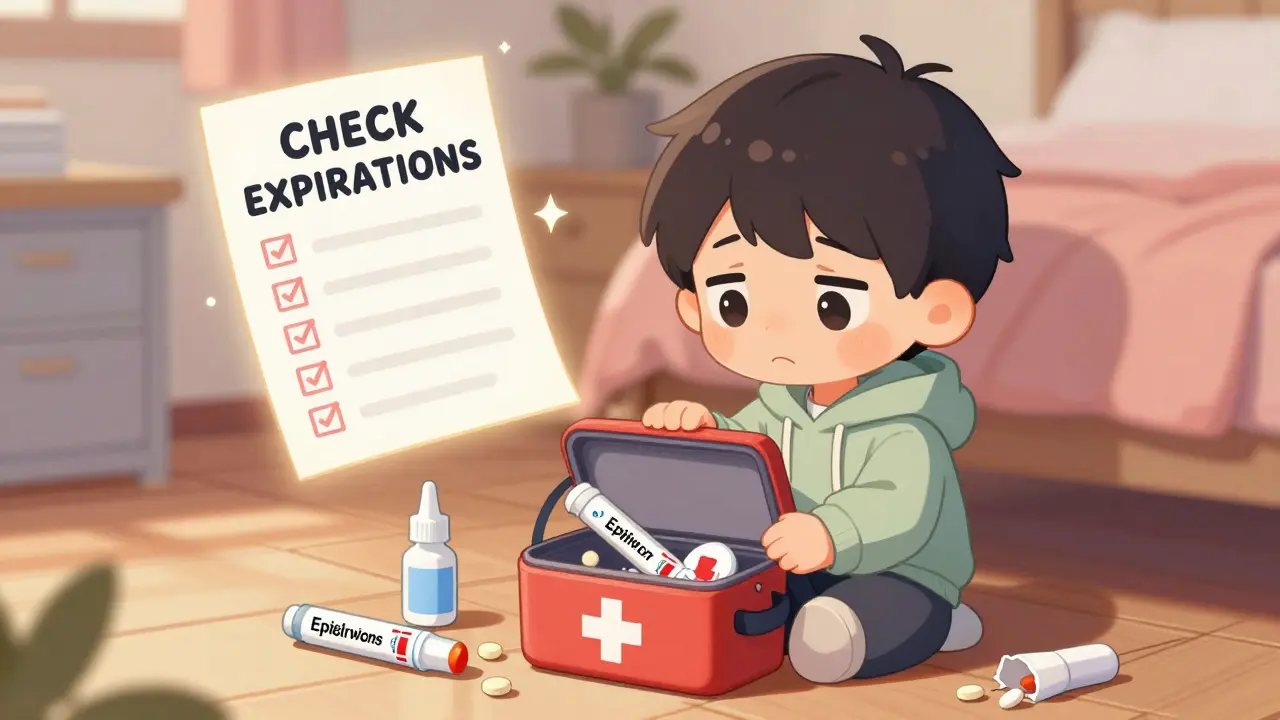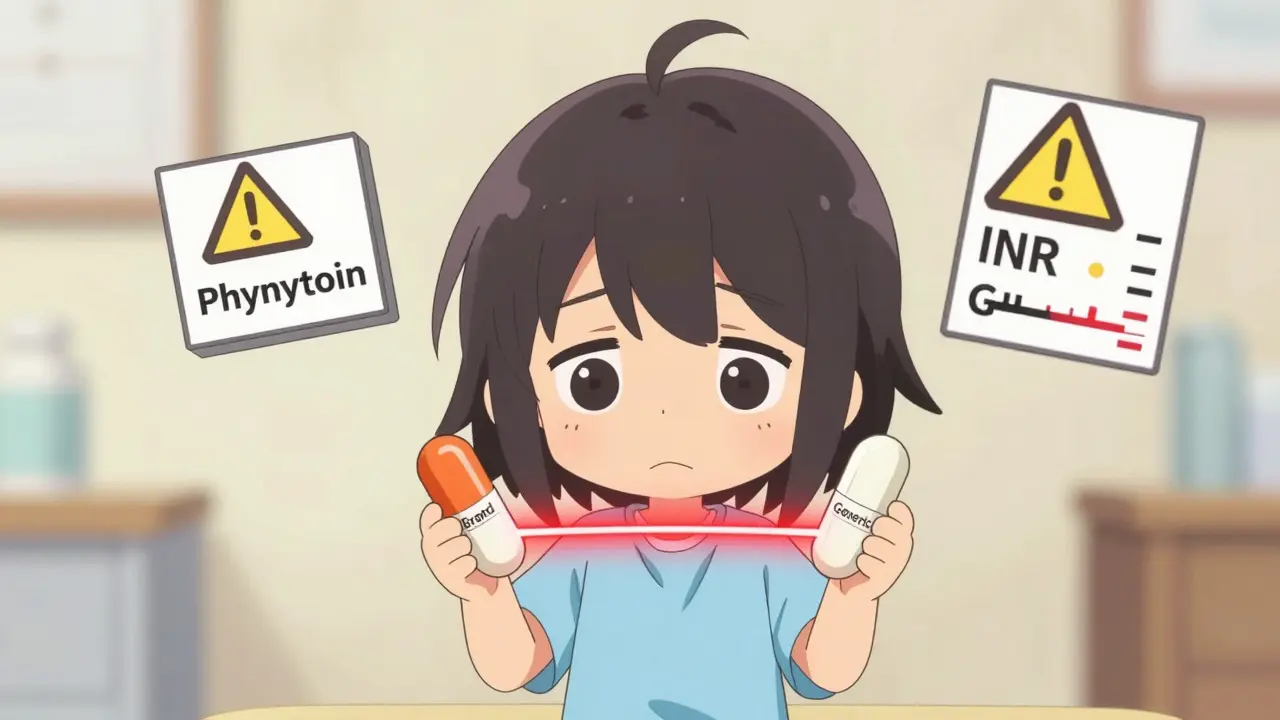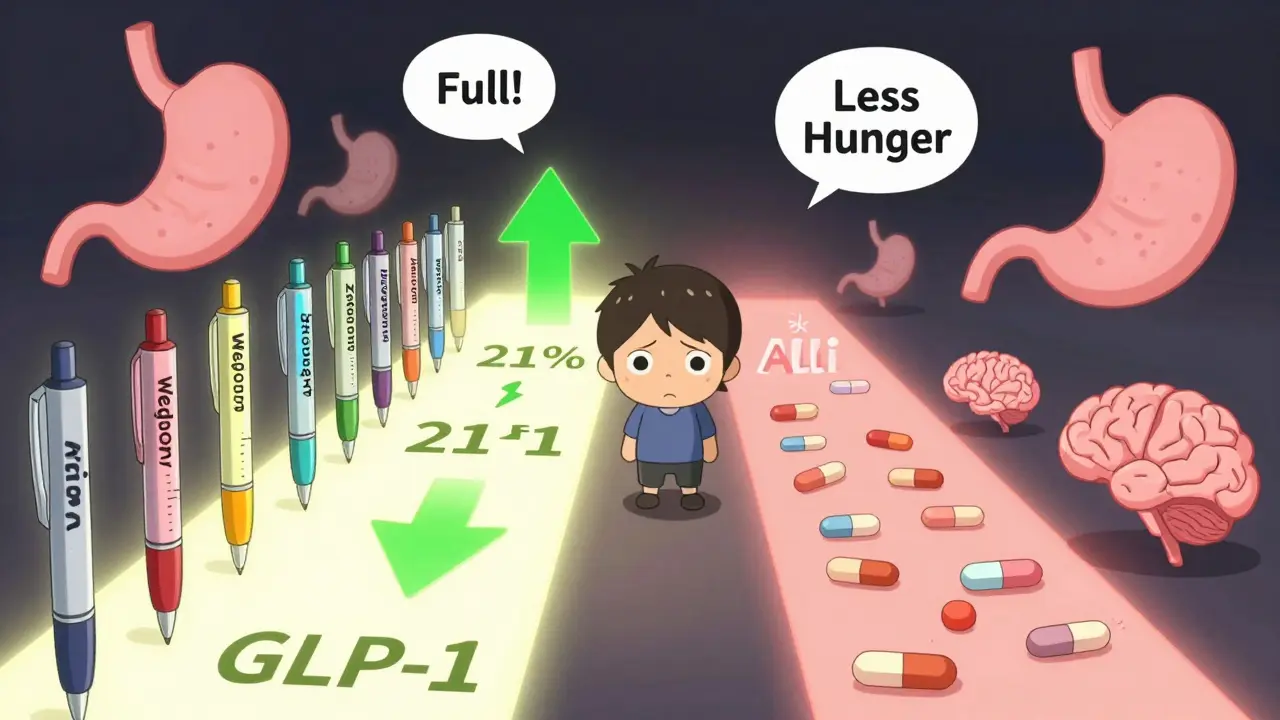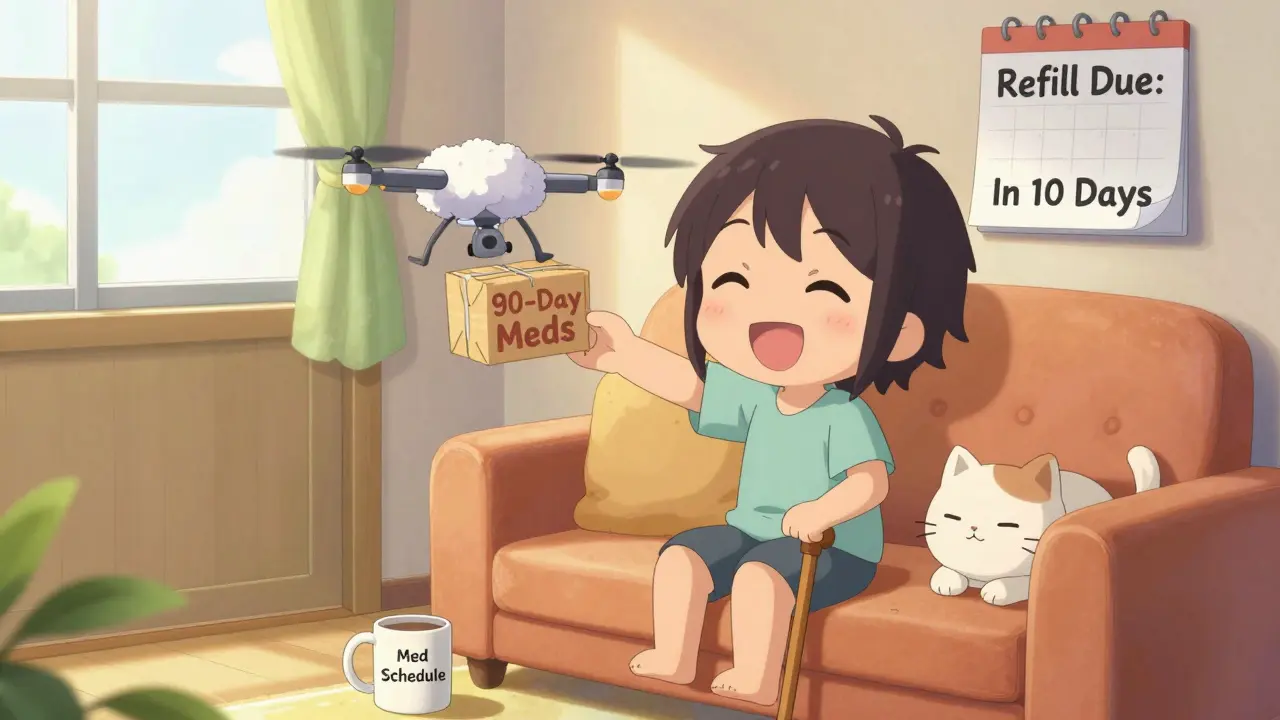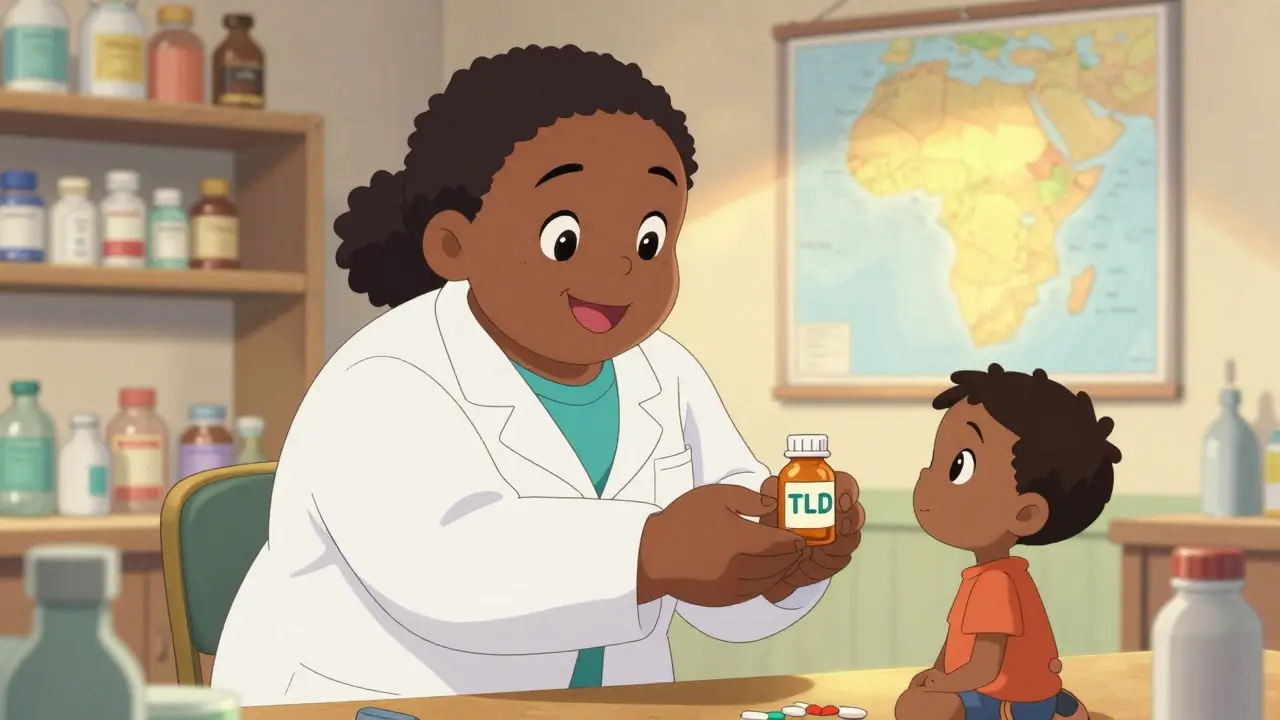Fertility Made Simple: What You Can Do Today
Trying to start a family can feel like a roller‑coaster, but a lot of the ride is under your control. Small changes in what you eat, how you move, and the habits you keep can make a big difference for both men and women. Below are practical steps you can start right now without spending a lot of money or time.
Nutrition that Supports Conception
What’s on your plate matters. Aim for a colorful diet that includes plenty of leafy greens, berries, whole grains, and lean proteins. These foods give you folic acid, zinc, and antioxidants—nutrients that help eggs mature and sperm stay healthy. Swap out sugary drinks for water or herbal teas; excess sugar can mess with hormone balance.
If you’re vegetarian or vegan, be sure you’re getting enough vitamin B12 and iron, either from fortified foods or a supplement. For most couples, a daily prenatal vitamin (or a men’s multivitamin with zinc) covers the basics, but talk to a pharmacist if you’re unsure.
Lifestyle Tweaks That Boost Fertility
Regular exercise is a win‑win. Moderate activity like brisk walking, cycling, or yoga keeps weight in a healthy range, which is crucial because both under‑ and overweight can lower fertility. Avoid intense endurance training that pushes cortisol levels too high—your body might think it’s under stress and pause reproductive functions.
Sleep matters too. Aim for 7‑8 hours a night; poor sleep can disrupt the hormones that regulate ovulation and sperm production. Cut back on alcohol and quit smoking—each of these habits can damage sperm DNA and affect egg quality.
Stress can feel like a silent thief of fertility. Simple breathing exercises, short meditation breaks, or talking to a friend can lower cortisol and improve chances of conception. Remember, a calm mind supports a healthy body.
For men, protecting the testicles from excess heat is key. Skip hot tubs, tight underwear, and long laptop sessions on the lap. A cooler environment helps keep sperm count up.
Women should track their cycle to pinpoint the fertile window. Apps or a simple temperature chart can show when ovulation is likely, giving you the best timing for intercourse.
If you’ve tried these steps for a few months without success, it might be time to chat with a pharmacist or doctor. They can check for common issues like thyroid imbalance, low testosterone, or vitamin deficiencies and suggest appropriate tests or treatments.
In many cases, a short course of fertility supplements—like CoQ10 for men or myo‑inositol for women with polycystic ovary syndrome—can improve outcomes. Always choose products that are third‑party tested and ask a healthcare professional for dosage advice.
Bottom line: fertility isn’t just about luck. By eating well, staying active, sleeping enough, and managing stress, you give your body the best chance to conceive. Small, consistent actions add up, and the right support from a pharmacist or clinician can fill any gaps.

